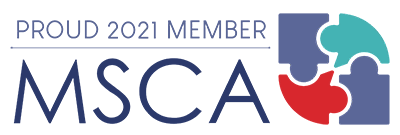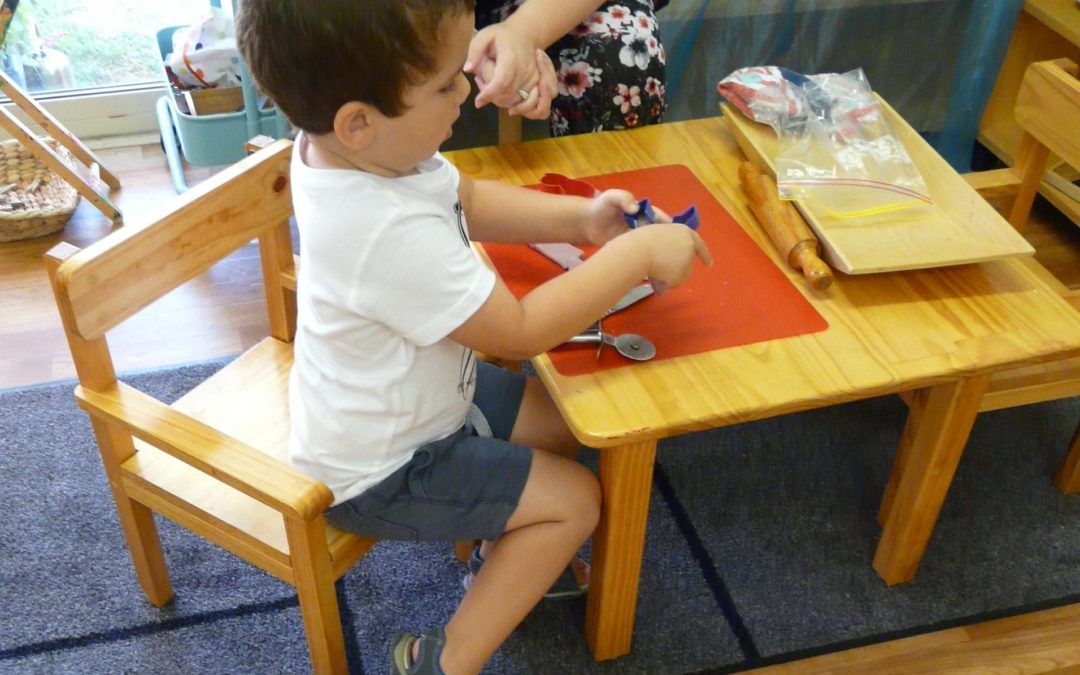One of the key features of a Montessori classroom is that children have choices. Freedom within limits is an empowering concept. It embraces the notion of the child as an explorer who is capable of learning and doing for themselves. Montessori encourages freedom within limits through the design of the prepared environment. Especially relevant is the low open shelves, logically ordered activities, and child-friendly work spaces of the Montessori classroom. In effect, this encourages the child to move freely around the classroom, and choose their own work within limits of appropriate behaviour. These limits are the ground rules of the Montessori classroom.
What are the limits of Montessori classroom?
There are three ground rules of the Montessori classroom. All other ground rules stem from these three.
1) Respect for oneself
2) Respect for others; and
3) Respect for the environment.
In the first place, respect for oneself refers to teaching children how to work safely and productively in the Montessori classroom. Children are free to choose their activities, provided that they have been shown a presentation of the activity, and know how to use the materials respectfully to avoid self-harm.
Furthermore, respect for others incorporates social skills and good behaviour. Children can choose to work independently or in small groups; however, they must be invited to work with another child, and must not interfere with another child’s work. All children must show respect for others within their classroom community.
Finally, respect for the environment relates to the proper care for everything within the Montessori classroom. This includes the proper use of the Montessori materials, packing away, and taking care of all things living and non-living within the environment.
Types of freedom in the Montessori environment
Freedom to move
Within the Montessori classroom, children are free to move around the room, and move from one activity to the next. Children who move around the room are more likely to choose purposeful work when they have fulfilled their need for activity. In consequence, by allowing freedom of movement, children learn to explore their environment; and therefore discover their interests.
Freedom of choice
Freedom of choice is fundamental to the Montessori approach. This is because choice allows children to discover their needs, interests and abilities. Furthermore, freedom of choice encourages children to be engaged in their learning, and thus discover the outcome of the activity.
Freedom of time
Freedom of time allows children to work with the same material for as long as they like. In effect, this encourages children to learn at their own pace, develop the skills of concentration, and learn patience to wait their turn.
Freedom to repeat
The three-hour work cycle gives students the opportunity to work with materials and achieve success through practice. Furthermore, through repetition, children learn to self-correct and problem solve.
Freedom to communicate
Montessori encourages communication in the classroom. Children learn to discuss activities, problem solve, and develop their social skills.
Freedom to make mistakes
Furthermore, the design of the Montessori materials encourages children to discover the outcome of the activity by themselves. Each material is designed with a visual control of error. This guides the child to understand the outcome of the activity through hands-on learning experiences.
How does freedom within limits benefit the child?
Freedom within limits encourages children to become respectful members of their classroom community. Through real life experience, students learn that freedom is choosing to do what is best for themselves and others. In conclusion, freedom within limits teaches children how to become independent and confident learners who respect the rules of their freedom.
“Let us leave the life free to develop within the limits of the good, and let us observe this inner life developing. This is the whole of our mission.” – Maria Montessori
montessoriacademy.com.au
Ayesha Meer – Children’s House Program Coordinator

